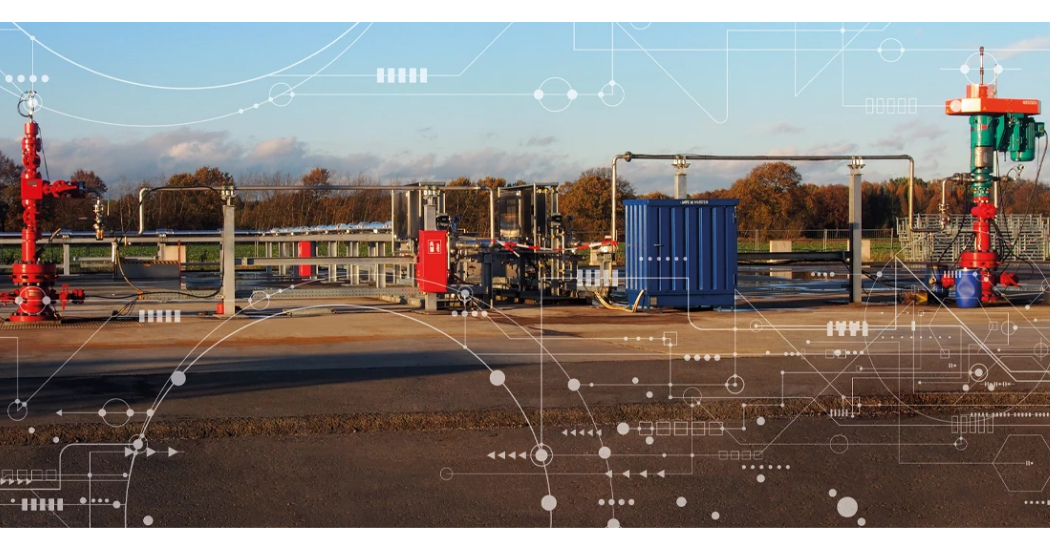The progressing cavity pump technology offers a wide range of applications in oil and gas production and combines numerous advantages. Growing demands for efficiency and cost-effectiveness are confronting operators with increasing challenges. Conventional production is no longer sufficient in many cases.
Netzsch will show you how to take your oil and gas production to the next level with the help of their digital progressing cavity pumping systems. Numerous oil fields have been operated with so-called horsehead pumps since the 1920s. This technology has held up very well over the past century. However, it has a decisive disadvantage because operation with horsehead pumps is extremely energy- and cost-intensive. Since these factors have played a relatively minor role up to now, as there was no shortage of oil and the only requirement of the pump was to pump oil, this could be disregarded in the past. However, the market has been undergoing significant change for some time now. The days of the oil boom are long gone, and economic efficiency and, above all, sustainability are increasingly becoming operators’ focus, resulting in significantly increased demands on the pump. Based on this, coupled with decades of experience in the field of positive displacement pumps, NETZSCH has developed unique progressing cavity pump systems that revolutionize your oil production and offer numerous advantages.
 Reduced service and maintenance costs through digital progressing cavity pump
Reduced service and maintenance costs through digital progressing cavity pump
Downtime is always associated with high costs. Especially in oil production, a few days of downtime can result in significant profit losses. With most systems, operators can only detect wear or defects on site when the system is no longer producing the desired output or has even failed completely. By then, however, it is already too late, and high costs are inevitable. The digital progressing cavity pump from NETZSCH offers a decisive advantage here. The system is equipped with many sensors so that you can “see” into the borehole and gain valuable data. This allows you to recognize any maintenance and service requirements much earlier and prevent corresponding downtimes.




